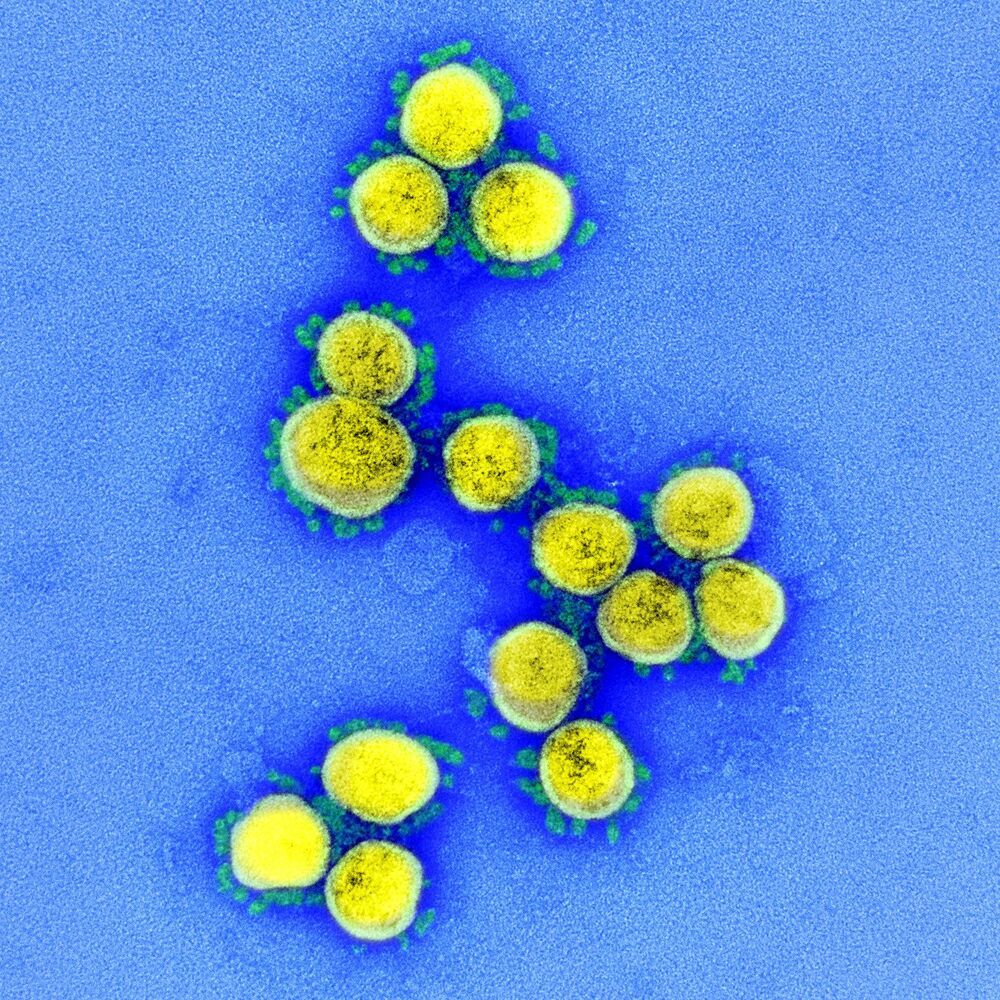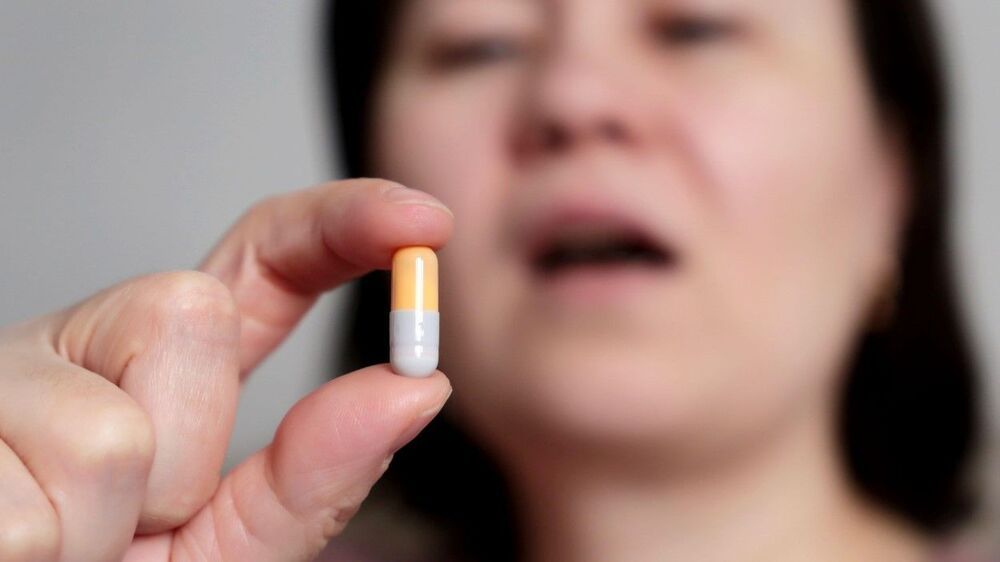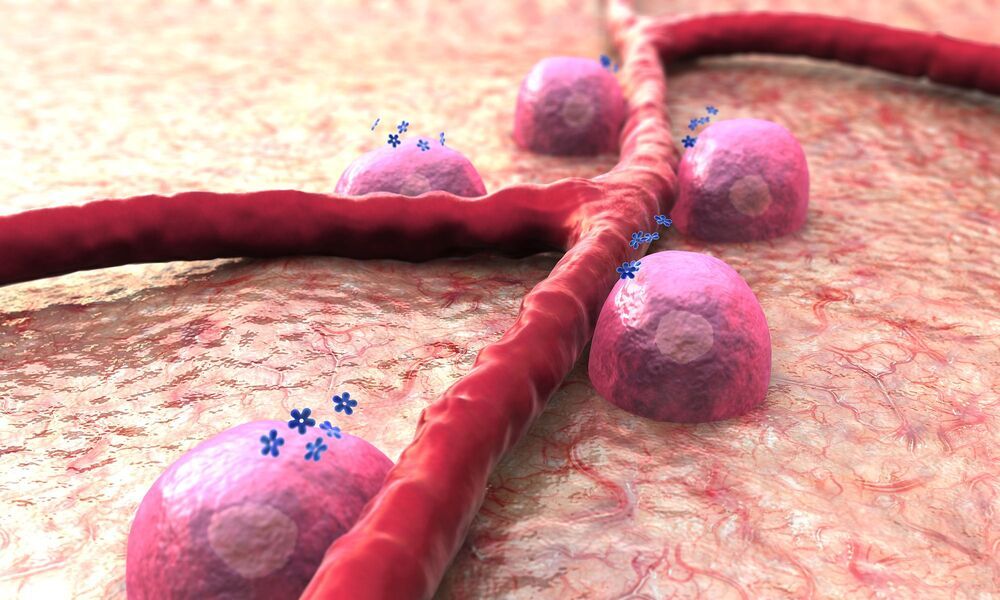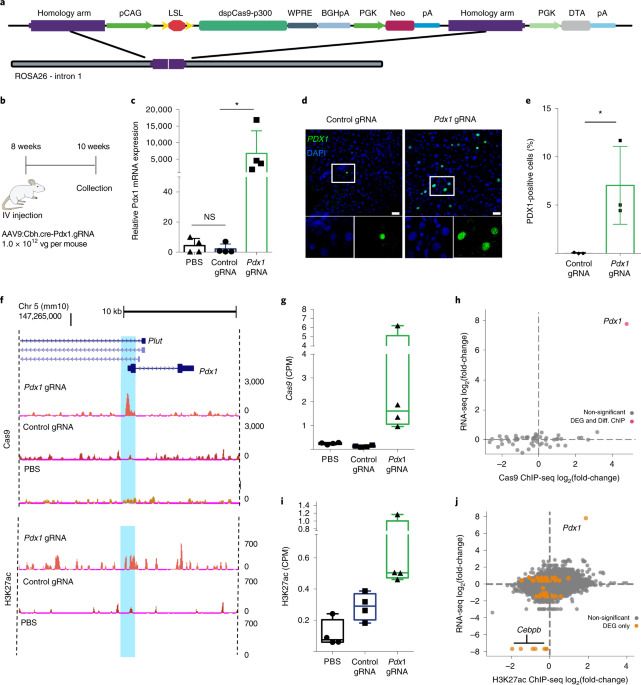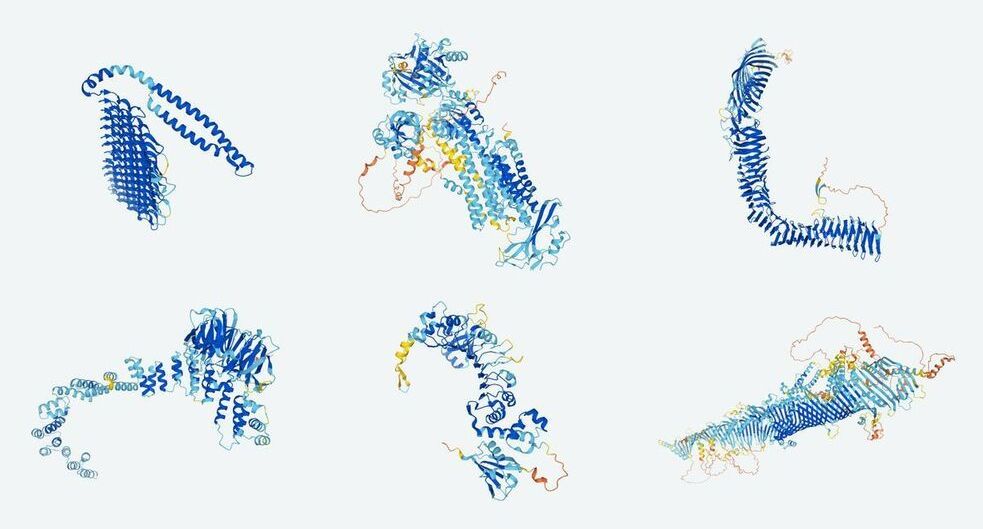Aug 3, 2021
Implant shows extreme promise for regenerating bone
Posted by Omuterema Akhahenda in category: biotech/medical
Its powers may not rival Wolverine’s, but a regenerative implant engineered by researchers at the University of Nebraska Medical Center and University of Nebraska–Lincoln could help repair bone-deep damage following physical trauma, surgery or osteoporosis.
The team has developed a biodegradable, nanofiber-based implant, or scaffold, whose design could better regenerate bone by effectively guiding the migration of recuperative cells to the injury site. When implanted in rats with bone defects, the cylindrical scaffold promoted the regeneration of bone that was denser, more voluminous and more like the surrounding tissue than that achieved by many other state-of-the-art designs.
The implant spurred regeneration even without the aid of externally sourced stem cells or so-called growth factors, which help promote healing but can also introduce regulatory complications and side effects that range from inflammation to unchecked tissue formation.



